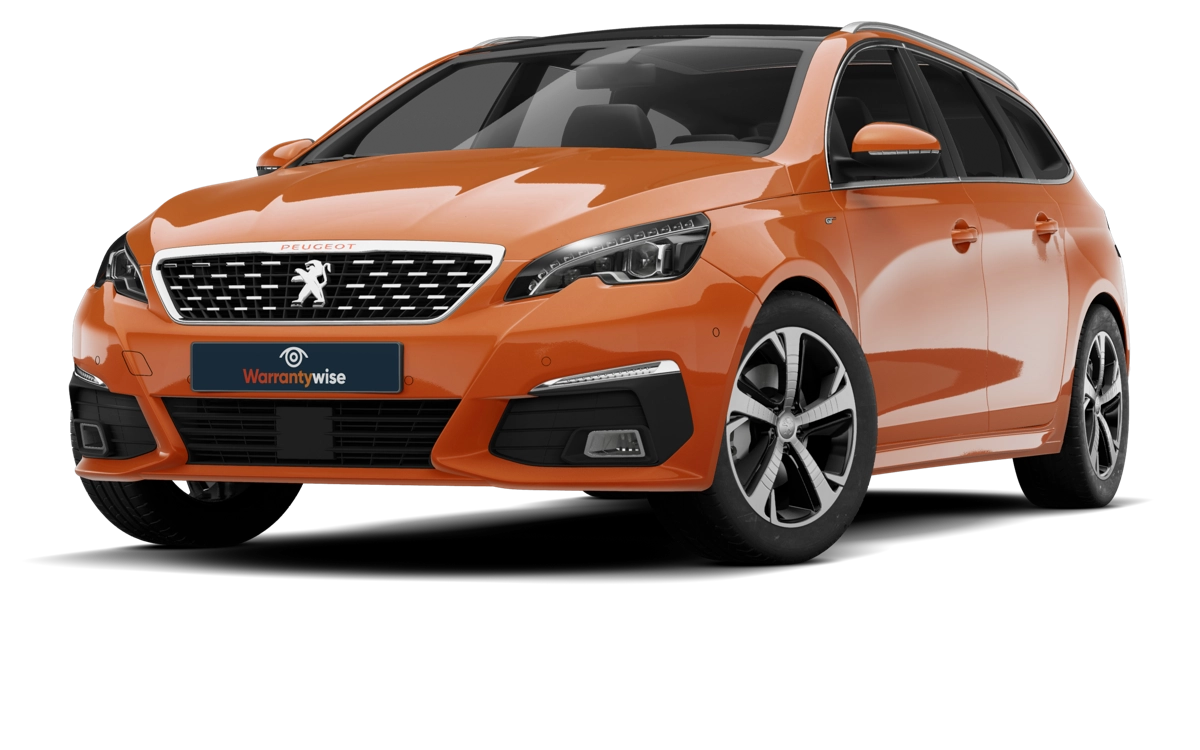
(Approx: 7 min. read)
When it comes to buying a car, the big question is: how much of your salary should you really spend? Overspending is common, but with the right approach you can find a great vehicle without stretching your finances.
Focusing your search on the second-hand market often means you can get higher specifications than a brand-new model. Your budget is likely to stretch further, unlocking advanced features or even a premium brand that might otherwise be out of reach.

Key facts at a glance:
- Your car is likely your second-biggest purchase after your home, so budget carefully.
- Aim to spend 10–35% of your annual income on a car, depending on needs and priorities.
- Based on the average UK salary (£37,430), that’s roughly £3,700–£13,100.
- In 2025, even the cheapest new petrol car (Dacia Sandero) exceeds most 35% budgets.
- The second-hand market offers better value, with higher specs for the same spend.
- Always budget for ongoing costs like fuel, insurance, tax, servicing, and repairs.
- Compare finance options carefully and ensure monthly payments stay manageable.
- Extend your car warranty once the manufacturer’s plan expires to avoid repair costs.
- Warrantywise offers flexible, tailored warranty plans for added peace of mind.

Start with your needs and preferences:
Your attitude towards cars shapes your budget. If a car is a practical tool, you’ll likely spend less than someone who values comfort, tech, or brand prestige.
Consider how you’ll use it – daily commuting, family trips or long motorway drives – and align the budget accordingly.
How much should I spend on a car?
MoneyUnder30 recommends using a percentage of your annual income to set your budget, whether new or second-hand. [1]
According to The Salary Sphere, the average UK salary is £37,430 per year (around £720 per week) [2]. Using this figure, here’s a simple tiered guide to help you decide how much of your income to allocate toward your next vehicle:
1. Base level (10-15% of income):
Ideal for a simple, functional car that gets you from A to B.
This budget range – £3,743-£5,615 per year – enough for a reliable, well-maintained, used hatchback like a Vauxhall Corsa or Renault Clio.
The second-hand market is your best option here, with plenty of cars under 8 years old and priced below £5,000.

2. The middle ground (20%-25% of income):
Perfect for a comfortable, good-quality car without overspending.
A budget of £7,486-£9,358 provides access to a wider range of second-hand models, from small city cars like the Vauxhall Corsa or Kia Picanto, to larger second-hand sedans, estates and mid-size SUVs, depending on age and mileage.
Look for cars still under their manufacturer’s warranty and consider extending it when it expires for added peace of mind.

3. The top end: (up to 35% of income):
For those seeking higher performance, comfort or luxury features.
With a budget of around £13,101, you can purchase a high-quality second-hand vehicle such as a used Audi A5 or BMW 1 Series. However, even this budget won’t stretch to most brand-new models in 2025.
For example, the cheapest new petrol car in the UK is the Dacia Sandero, starting at about £14,715. This means that even a 35% income allocation falls short of new car prices, clearly showing how the used market offers far better value for money.

While it’s tempting to stretch your budget for a higher-spec or brand-new car, remember that the purchase price is only part of the total cost of ownership. Repairs, servicing, tax, fuel, and insurance can quickly add up, so keeping your spending in check is essential.
New vs. Used cars – which offers better value?
When deciding between a new or used car, it’s worth weighing up more than just the purchase price.
- New cars come with the latest tech, better fuel efficiency and warranties, but higher costs and faster depreciation.
- The cheapest new petrol car in 2025 costs around £14,715, with most small cars over £15,000.
- The used car market offers far better value, with higher-spec or nearly new models available for less.
- New cars lose 15–35% of their value in the first year and up to 50% within three years.
- A two-year-old car can deliver almost-new performance at a much lower price.
A high-quality used car lets your budget go further, offering better features, slower depreciation and greater overall value for money.
If you want to learn more about the reliability of the cars on the used car market, you can read our guide to the most reliable used cars in 2025 here.

What are the running costs?
The cost of owning a car doesn’t end when you drive it home. Even if your purchase fits neatly within your budget, the ongoing running costs can significantly affect affordability.
Here are some of the key expenses to factor in when calculating your true cost of ownership:
- Fuel and insurance: These are your biggest regular outgoings. Premium models and larger engines generally cost more to insure and fuel.
- Road tax and MOT: Annual road tax rates vary depending on emissions, while an MOT test (required for all vehicles over three years old) adds another yearly expense.
- Servicing, tyres and repairs: Routine maintenance keeps your car reliable and efficient. Tyre replacements, oil changes and unexpected repairs can quickly add up.
- Depreciation: Even though it’s not a direct payment, your car’s loss in value over time is one of the most significant long-term costs.
To stay financially comfortable, aim to budget an additional 10-15% of your car’s annual cost for maintenance, insurance and running expenses. Planning ahead ensures you’re not caught out by surprise bills later on.
What are my finance options if I can’t buy outright?
If you don’t have the cash to buy a vehicle outright and would prefer a loan or finance deal, simply spread the amount you can afford over a set period, depending on your chosen repayment option.
There are a number of finance/payment options available to make costs a little more affordable, such as:
| Finance type: | Best for: | Key benefit: |
|---|---|---|
| PCP (Personal Contract Purchase) | Those who like flexibility and lower payments | Low monthly cost, option to buy or return |
| HP (Hire Purchase) | Buyers wanting ownership | Own the car after final payment |
| PCH (Leasing) | Drivers wanting regular upgrades, no ownership | Fixed monthly payments, swap at term end |
| Personal loan | Buyers who want full ownership upfront | Car is yours from day one |
| Part exchange | Those trading in an existing car | Offsets part of new purchase cost |
The right finance plan should make owning your next car stress-free, keeping payments manageable and your budget on track.
Once you’ve chosen a finance plan that works for you, it’s worth planning ahead for the future with an extended car warranty.
Extend your warranty for peace of mind:
Once your manufacturer’s warranty ends, an extended car warranty helps you to avoid unexpected repair costs.
Warrantywise offers tailored extended warranty plans to suit different needs and budgets, giving you extra confidence long after your manufacturer’s plan expires.
Start your quote today and drive confidently everywhere, every day.
Discover more.
Further Warrantywise articles you might find useful

Self-funding your car repairs vs investing in a car warranty .
Time to read: 5 mins Key Points Did you know that as many as 16% of UK adults (about 8.4 … Continued

Part exchange or private sale… which one is right for you?
(Approx: 5 min read) When it’s time to move on from their current vehicle, drivers face a crucial decision: Part … Continued

Top 10 most reliable car models 2025.
(Approx: 3min read) In an age where automotive innovation is accelerating faster than ever, reliability remains paramount for UK used … Continued
External sources of data in this article:
Disclaimer:
Warrantywise does not provide financial advice. The information offered by Warrantywise is intended for general informational purposes only and should not be regarded as financial guidance. It is advisable to seek advice from a qualified financial advisor for personalised guidance regarding your individual circumstances. Warrantywise is not accountable for any decisions made based on the information provided and disclaims any liability for actions taken in reliance on such information.
Make sure to stay tuned to the Warrantywise blog, Facebook and Twitter for more great content.